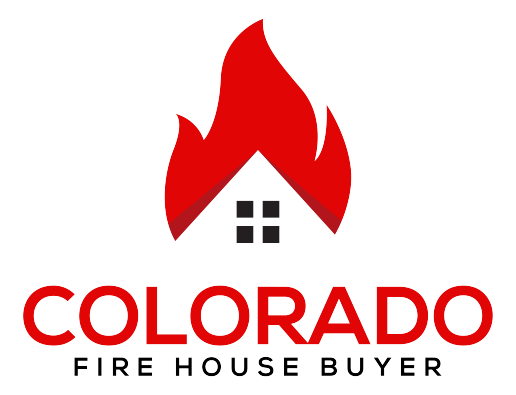Selling A House With Fire-Damaged In Denver
I buy fire damaged houses in Denver cash as is, get a fair offer today.


We’ll Give You A No Pressure As-Is Cash Offer in 24 Hours
We’re Local, Can Close in 10 Days, Fast Cash




How To Sell A Fire Damaged House As Is In Denver
Looking to sell your house as-is in Denver? Whether you’re in Washington Park, Capitol Hill, Cherry Creek, or near landmarks like Union Station or the Denver Art Museum, our simple 3-step process gets you a free offer and cash in your account in as little as 7 days—or on your timeline. Want a faster sale? Let Sell Fire Damaged House Denver make it easy for you, no matter where you are in the Mile High City.


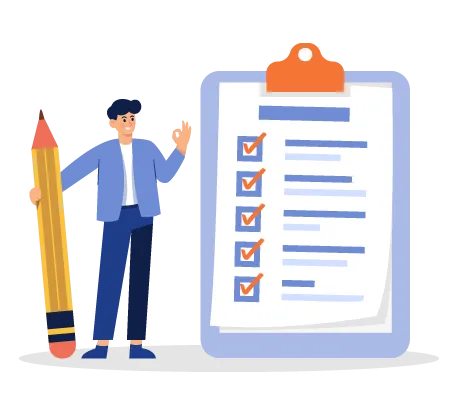
Fill Out Form
Fill out our form and we’ll get started on your free offer! No obligations.



Receive Cash Offer
We’ll research your property and call you with our fair offer in cash!


You Get Paid!
Money in your bank account at closing. As quick as 7 days!
Sell Your House Fast After a Fire
Selling your fire-damaged property in Denver is easy. From Heather Gardens and Murphy Creek to the Denver Highlands or near Sloan’s Lake, our hassle-free process helps you move on fast and focus on what matters most.
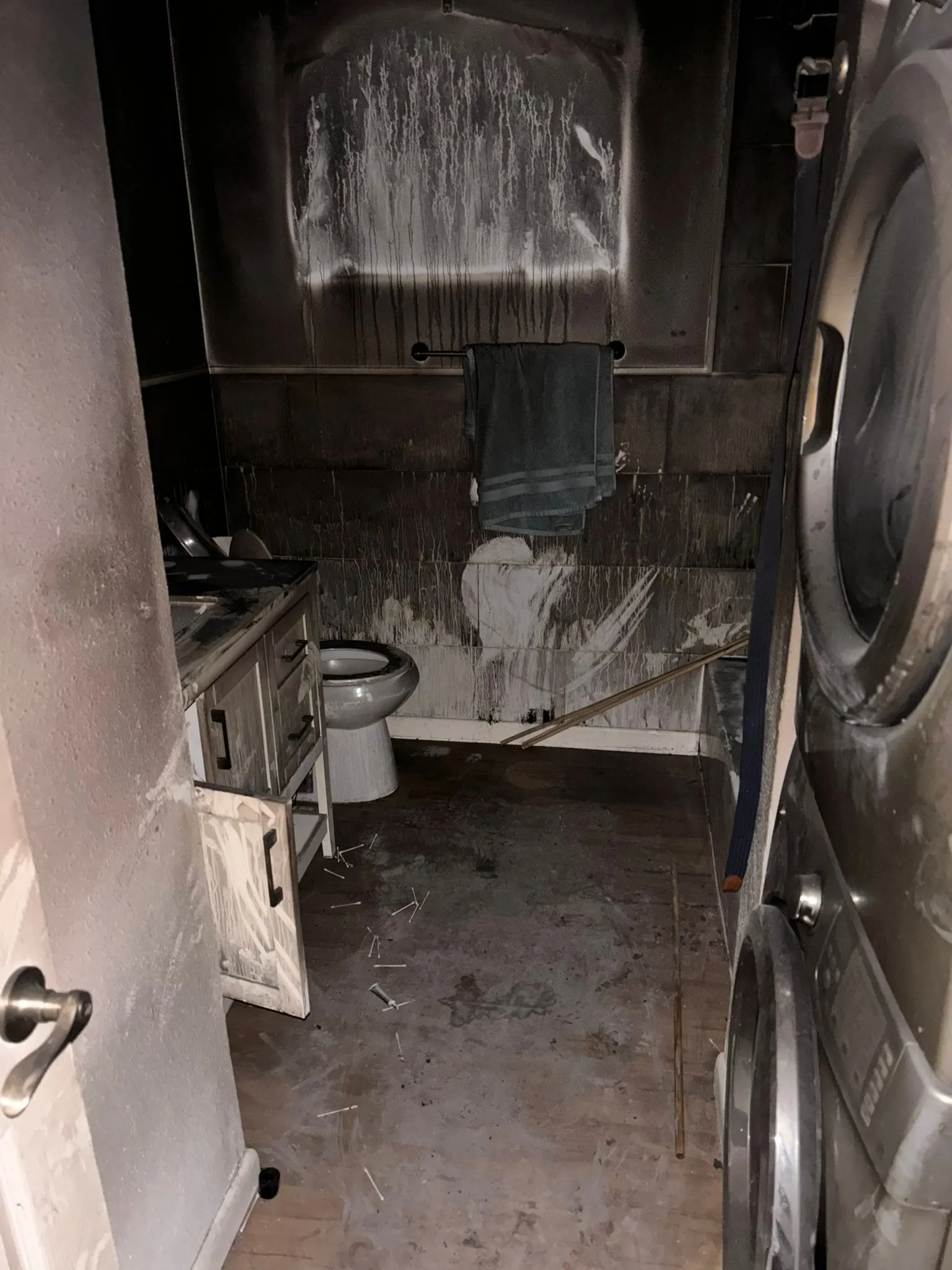
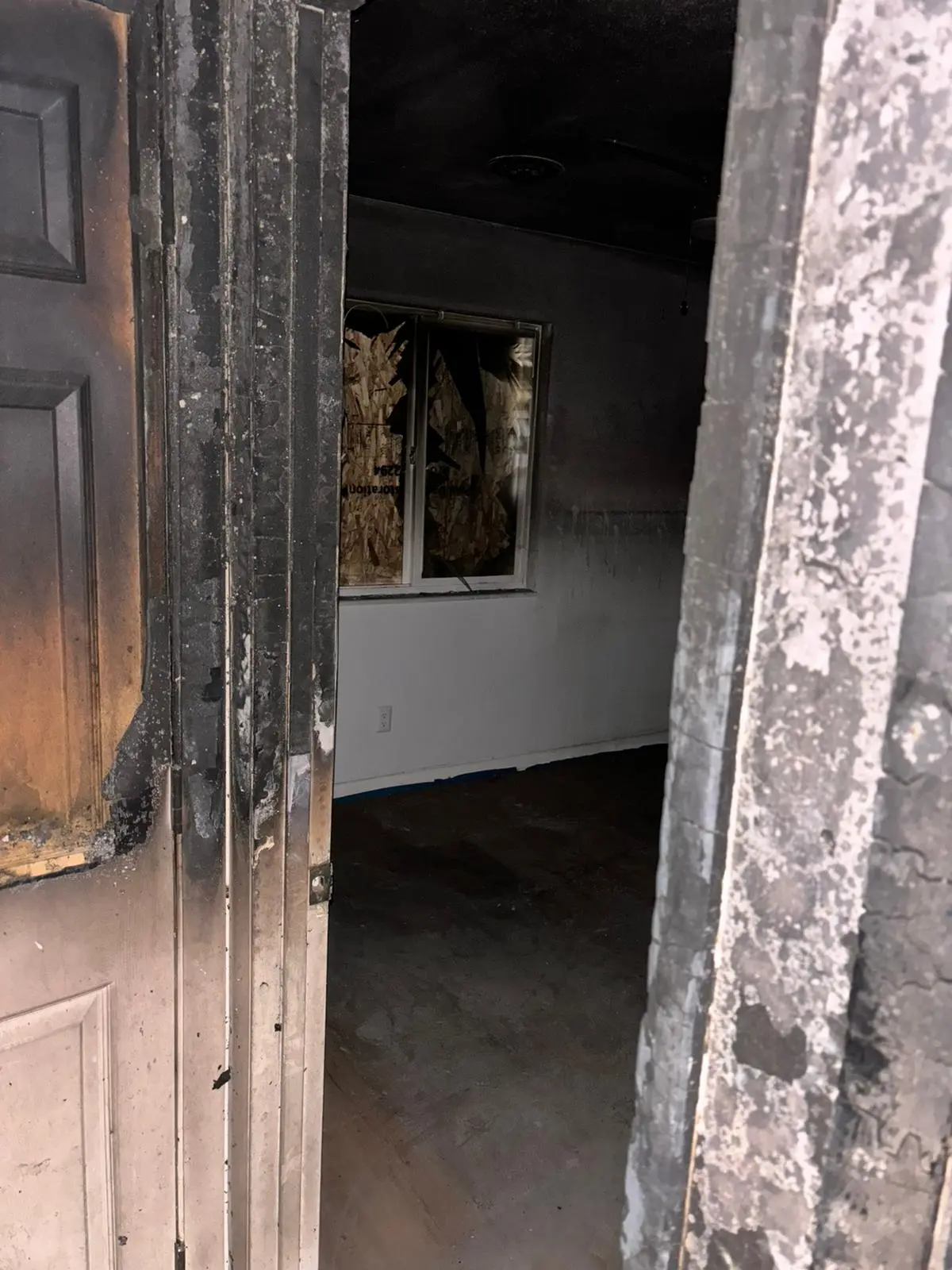
How To Sell A Burned Down Fire Damaged House In CO
- We Buy Fire Damaged Homes
- Selling a fire-damaged house in Denver requires weighing the pros and cons of various options, such as selling as-is or repair and listing.
- It is important to consult a fire damage restoration contractor to properly assess the damage and estimate repair costs in order to accurately price a house with fire damage.
- In Denver, it is recommended to disclose fire damage when selling your property in order avoid potential legal disputes & financial liabilities.
We Buy Fire Damaged Homes As Is
We buy homes as-is across Denver—from Tallyn’s Reach and Mission Viejo to Chambers Heights and near City Park. Skip the MLS, showings, inspections, and realtor fees. Whether you’re dealing with probate, financial stress, or just want a fast, no-hassle sale, we make it easy.
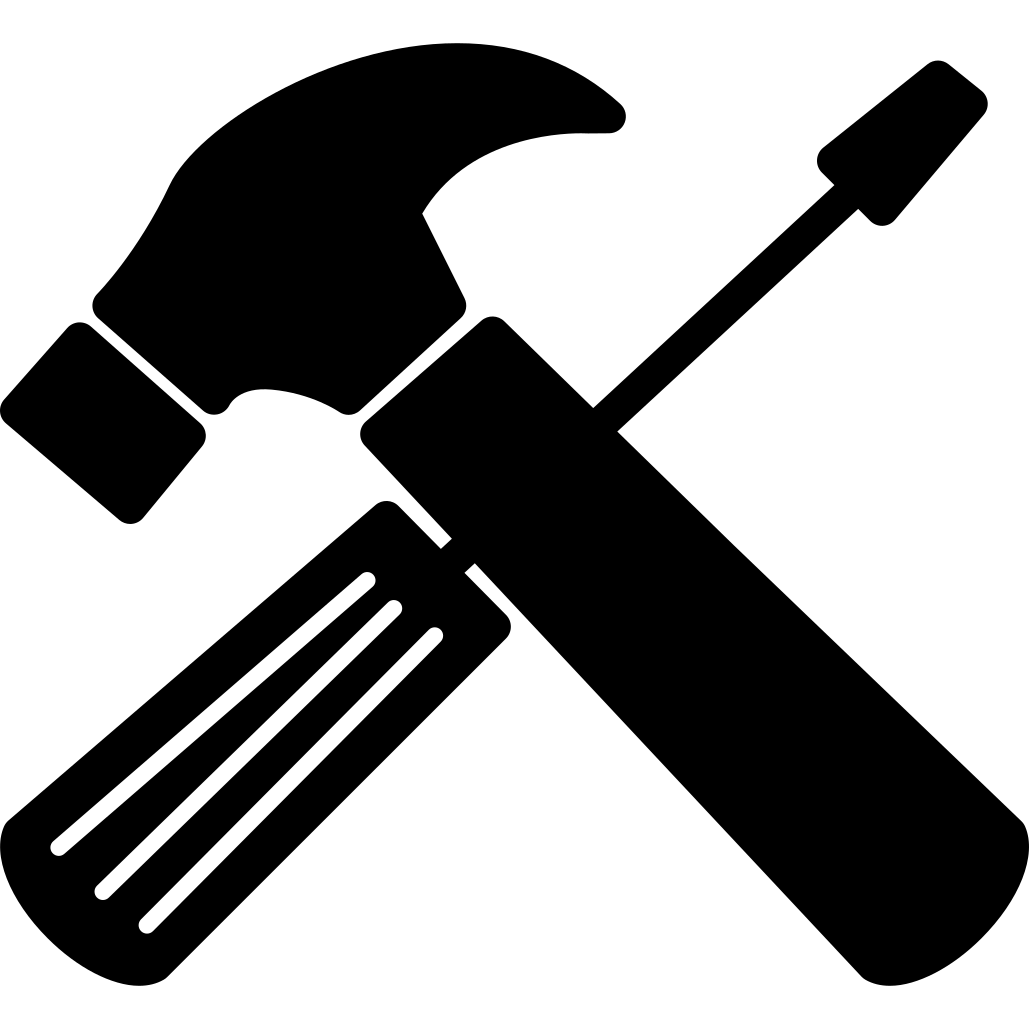
No Home Repairs
Selling your house as is means we take care of all the hassles!

No Agents
Skip paying for agent commission. We make home sales simple!

No Fees
Not only do we have NO agent or iBuyer fees, we cover closing costs!

Fast Closing
Sell your home in 7 days or on your timeline! We buy homes fast.

No Obligations
Take it or leave it. Our free cash offers come with no obligations.

Hassle Free
No agents. No inspection. No delays. We buy real estate as-is for cash!
Can I Sell A Fire-Damaged House In Denver?
Although selling a fire-damaged house in Denver is possible, it comes with its own set of challenges. The market value of the property is likely to be affected by the damage caused by the fire. This means that selling at a desirable price may be difficult. Additionally, potential buyers may be more inquisitive and cautious when considering such properties.
When selling your fire-damaged house in Denver, you can either restore it or sell it as-is. If you decide to restore the property, you may face high repair costs and a lengthy rebuilding process. On the other hand, selling as-is can save you time and money, but may result in a lower selling price. Regardless of your decision, honesty about the damage and required repairs is critical.
Sell Fire Damaged House Denver!
If a simple home sale that closes on your schedule sounds like what you need, come check us out. You can request a free quote for your house by filling out our form below!
We’ll Give You A No Pressure As-Is Cash Offer in 24 Hours
We’re Local, Can Close in 10 Days, Fast Cash
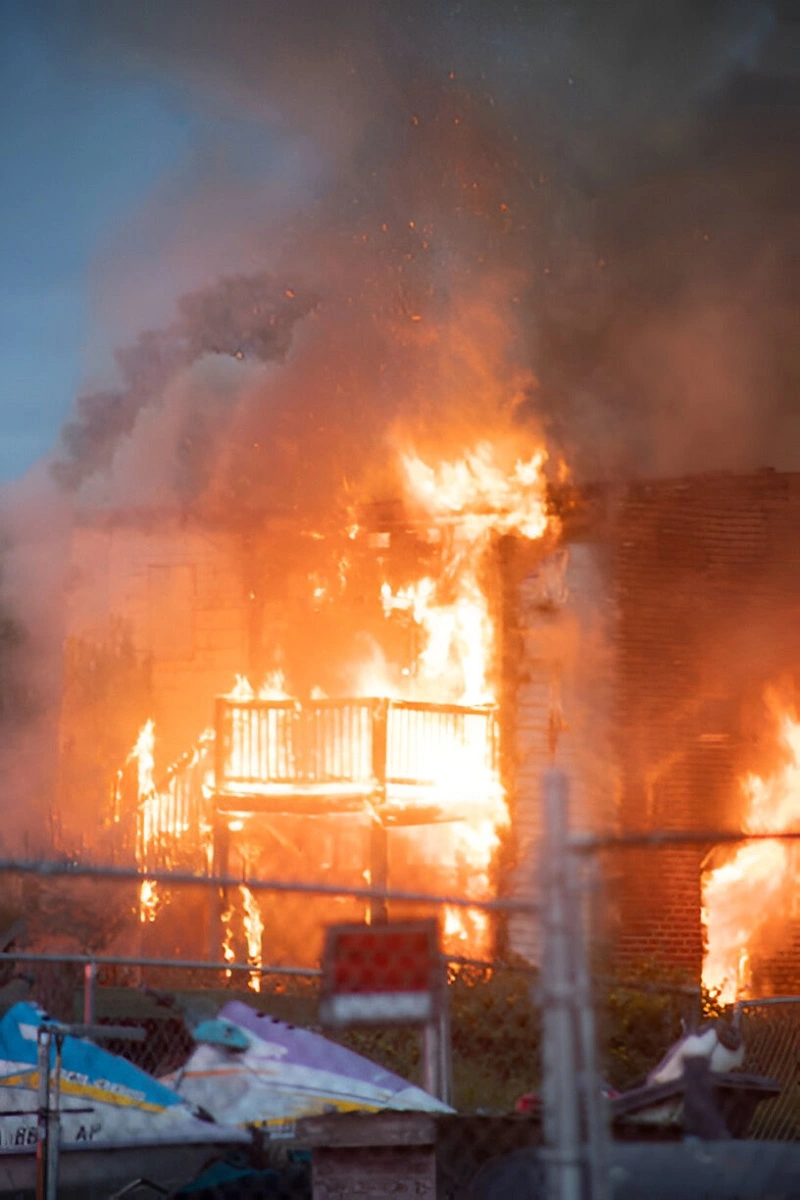
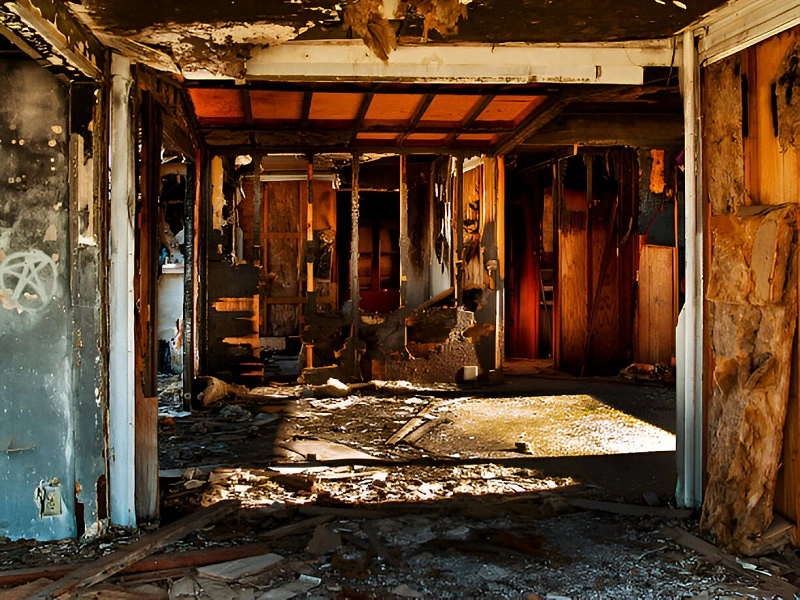
Denver currently has 40 fire stations, including 5 stations located at Denver International Airport (as of April 2022). Another official city source notes there are 39 fully staffed firehouses responding to fire and emergency calls within the city. The most recent publicly available figures place the total at 40, and several city documents and external fire service sources refer to numbers ranging from 38 to 40 stations.
Recent fire department and city planning documents describe ongoing upgrades and repairs to at least 38 stations, plus plans for new ones as the city grows. It’s worth noting that station counts can shift slightly over time as facilities open, close, or are consolidated
Fire Restoration Costs in Denver (2025)
Fire restoration costs in Denver can vary widely depending on the extent of the damage, the size of the property, and the type of repairs required. Here’s a breakdown of what you can expect:
Average Cost Range
Typical total cost: $3,100 – $51,200
Denver average: Around $27,200
Minor repairs: As low as $2,200 – $3,100
Major structural repairs: Can exceed $50,000, and in rare cases, reach $180,000 for severe, whole-home damage
Cost Per Square Foot
| Service Type | Cost per Square Foot |
| Basic Restoration | $4 – $7 |
| Complex Restoration | Up to $11–$12 |
- Most Denver projects: $4–$7 per sq. ft. is the standard range for fire and smoke restoration, including cleanup, deodorizing, and minor repairs.
- Extensive damage: Some estimates for Denver list $11–$12 per sq. ft. for more complex or high-end restoration work.
What’s Included
- Assessment and inspection
- Debris and soot removal
- Smoke odor removal
- Water damage mitigation (from firefighting)
- Structural repairs and reconstruction
- Content cleaning and storag
The cost to build a new construction home in Denver in 2025 typically ranges from $200 to $350 per square foot for value-engineered to mid-range homes. For a standard 3,000-square-foot home, this equates to a total construction cost of approximately $600,000 (at $200 per sq ft); for higher-end construction or custom homes, costs can rise significantly, sometimes reaching $1.5 million or more.
Breakdown for Denver:
- Basic/mid-range home: $200–$350 per sq ft
- Average total for 3,000 sq ft: $600,000 (at $200 per sq ft)
- Custom home range: $450,000–$1,500,000 (not including land)
- Land cost: Varies widely, generally $10,000–$200,000+ per acre depending on location
- Permits and fees: Typically $2,000–$6,000
Recent market factors:Tariffs on materials (such as steel and aluminum) and ongoing inflation have caused construction costs to rise by 4%–6% in 2025, adding $30,000–$45,000 to typical new builds, with an estimated average increase of about $9,200 per home.
Key notes:
- Costs exclude the price of land and site preparation.
- Customization, finishes, and size can dramatically affect the final price.
- Building new is typically more expensive than buying an existing home in Denver, where the median sales price is around $610,000 as of mid-2025.
- Ancillary costs (utility hookups, landscaping, and interior finishes) can push the final budget higher.
Denver Real Estate Market Update – July 2025
Market Overview
The Denver real estate market in mid-2025 is experiencing a notable shift toward balance after several years of rapid growth and tight inventory. Here’s what’s happening:
- Inventory is up sharply: Active listings have surged, with over 10,000 homes for sale in the Denver metro area—nearly double the long-term seasonal average. This is the highest inventory level since 2017, giving buyers more options and leverage than they’ve had in years.
- Home prices are steady to slightly down: The median home price in Denver is hovering between $580,000 and $610,000, depending on the data source and property type. Most sources report a 1–4% decrease year-over-year for single-family homes, while condos and townhomes have seen slightly larger dips.
- Homes are taking longer to sell: The median days on market has increased to 18–22 days, up from about 9–14 days last year. This means sellers need to be more patient and price competitively.
- Price reductions are common: With more inventory and fewer bidding wars, about 19% of listings are seeing price cuts, especially in higher price brackets.
Key Market Stats
| Metric | Value (June–July 2025) | Year-over-Year Change |
| Median Home Price | $580,000–$610,000 | -1% to -4% |
| Median Price per Sq. Ft. | $366–$377 | Slight decrease |
| Median Days on Market | 18–22 days | Up from 9–14 days |
| Active Listings | 10,000+ (metro area) | +48.5% |
| Sale-to-List Price Ratio | 98–99% | Down slightly |
Buyer & Seller Dynamics
- Buyers: Have more choices, more time to negotiate, and less pressure to make quick decisions. The market is no longer dominated by bidding wars, and buyers can often negotiate price reductions or seller concessions.
- Sellers: Need to price homes realistically and be prepared for longer market times. Overpriced homes are likely to sit and require price cuts to attract buyers.
- Rental Market: Rents are stable or slightly down, with increased supply of rental units and more price-sensitive renters.
Denver offers a dynamic mix of city attractions that showcase its arts, history, outdoor spaces, and signature local flavor.
Denver Botanic Gardens
Renowned for its beautiful themed gardens, interactive exhibits, and tranquil spaces, this landmark offers a lush escape in the heart of the city and is one of Denver’s most beloved destinations for all ages.
Union Station
A vibrant social hub in a revamped historic train station, Union Station stands out with its array of shops, top-rated restaurants, and lively ambiance, serving as both a transportation center and a must-visit gathering place.
Larimer Square
As Denver’s oldest and most charming block, Larimer Square draws visitors with its Victorian architecture, string-lit streets, chic boutiques, and some of the city’s best dining and nightlife.
Denver Museum of Nature & Science
This family-favorite museum features engaging science and nature exhibits, a planetarium, and IMAX theatre, making it one of Denver’s top indoor destinations for discovery and education.
Denver Art Museum
Home to impressive collections of Western, Native American, and contemporary art, the museum is distinguished by its striking architecture and regularly rotating exhibits suited for art lovers and families alike.
Denver Zoo
Located within City Park, the Denver Zoo is renowned for its extensive conservation efforts and interactive animal encounters, offering an enriching day out for visitors of all ages.
Coors Field
This modern downtown ballpark boasts fantastic views, a lively rooftop, and is a beloved venue for catching a Colorado Rockies game or simply enjoying the city’s vibrant sports culture.
Red Rocks Amphitheatre
Famed for its natural acoustics and stunning scenery, Red Rocks hosts legendary concerts and outdoor events, standing out as a uniquely Colorado experience just outside the city.
Children’s Museum of Denver at Marsico Campus
This interactive museum invites youngsters to explore hands-on learning through creative exhibits, a bubble lab, and outdoor adventure zones, making it an essential stop for families.
Civic Center Park
A picturesque downtown green space, Civic Center Park is dotted with architectural landmarks and hosts major festivals, providing a scenic spot to relax or enjoy Denver’s public art and culture.
Big Blue Bear
The whimsical 40-foot ‘Big Blue Bear’ sculpture has become an iconic photo spot, symbolizing Denver’s playful art scene and drawing visitors of all ages for a memorable city selfie.
Four Mile Historic Park
This living history museum, set on 12 acres, offers a glimpse into Denver’s frontier past with historic buildings, farm animals, and engaging family-friendly tours and events.
Denver boasts a diverse array of neighborhoods, each with its own unique vibe, amenities, and community character. Here are some well-known Denver neighborhoods, frequently cited in local rankings and guides for 2025:
- Washington Park: Popular for its large park, recreation opportunities, and charming, tree-lined streets.
- Cherry Creek: Known for upscale shopping, top dining, walkability, and a mix of modern condos and elegant homes.
- Highlands (including West Highland): Trendy area with boutiques, excellent restaurants, and a blend of Victorian homes and new developments.
- Capitol Hill: Renowned for its historic buildings, lively nightlife, and walkability near the State Capitol.
- Sloan’s Lake: Mix of mid-century and modern homes, with access to parks and lakefront activities.
- Park Hill: Family-friendly, with historic homes and proximity to the Denver Zoo and City Park.
- Berkeley: Offers a mix of original bungalows, new builds, local parks, and a tight-knit community.
- Hilltop: Sought after for tranquil streets, proximity to Cherry Creek, and access to top schools.
- RiNo (River North Art District): Vibrant arts district with galleries, breweries, nightlife, and converted warehouse lofts.
- Central Park (formerly Stapleton): Master-planned community with green spaces, family focus, and convenient transit options.
- Five Points: Rich in jazz history, cultural diversity, and rapidly evolving with new restaurants and apartments.
- LoDo (Lower Downtown): Historic heart of downtown, famous for nightlife, sports venues, and renovated brick warehouses.
- Platt Park: Residential, featuring tree-lined blocks, bustling local eateries, and strong community spirit.
- Cheesman Park: Known for panoramic green space and proximity to downtown and LGBTQ+ nightlife.
- Country Club, Hilltop, Belcaro, Wellshire, and South Park Hill: Noted for spacious homes, large lots, and peaceful, established environments for families or those seeking quiet luxury.
Sell My Fire-Damaged House in Denver: Expert Tips & Solutions
Fire damage can transform a cherished Denver home into an unexpected challenge, leaving property owners searching for clear answers about their next steps.
The path forward after fire damage involves crucial decisions about insurance claims, property assessment, and choosing the most advantageous selling strategy for your specific situation.
Denver’s adaptive real estate market presents several viable options, from specialized investors who purchase damaged properties to traditional buyers seeking renovation opportunities.
The complexity of selling a fire-damaged house extends beyond visible structural issues to include insurance negotiations, legal requirements, and strategic pricing decisions.
By understanding the full scope of available options – from immediate safety protocols to marketing approaches for damaged properties – you can handle this challenging transition with confidence.
This detailed resource covers essential aspects of the selling process, including professional damage assessment, market value considerations, and specific Denver legal requirements that will help you make informed decisions about your property’s future.
First Steps After Fire Damage

Immediate Safety and Documentation
I’ve helped many homeowners through this challenging process, and I can’t stress enough how crucial those first steps are. Your safety comes first – wait for the fire department’s official clearance before entering your property.
Once it’s safe, grab your camera and start documenting everything. I recommend taking both photos and videos of all damaged areas, getting multiple angles of each room.
Create a detailed inventory list – trust me, you’ll thank yourself later when dealing with insurance claims. Don’t forget to get that official fire report from your local fire department – it’s a critical document for both insurance purposes and future property disclosure.
Insurance Claims Process
Filing Requirements
Contact your insurance provider right away – every day counts in these situations. They’ll assign an adjuster to your case who’ll evaluate the damage and determine your coverage. I always tell my clients to keep a dedicated folder (both physical and digital) with all their documentation:
• Fire department report
• Photos and videos of damage
• Detailed inventory list
• Copies of all correspondence
• Notes from every phone call or meeting
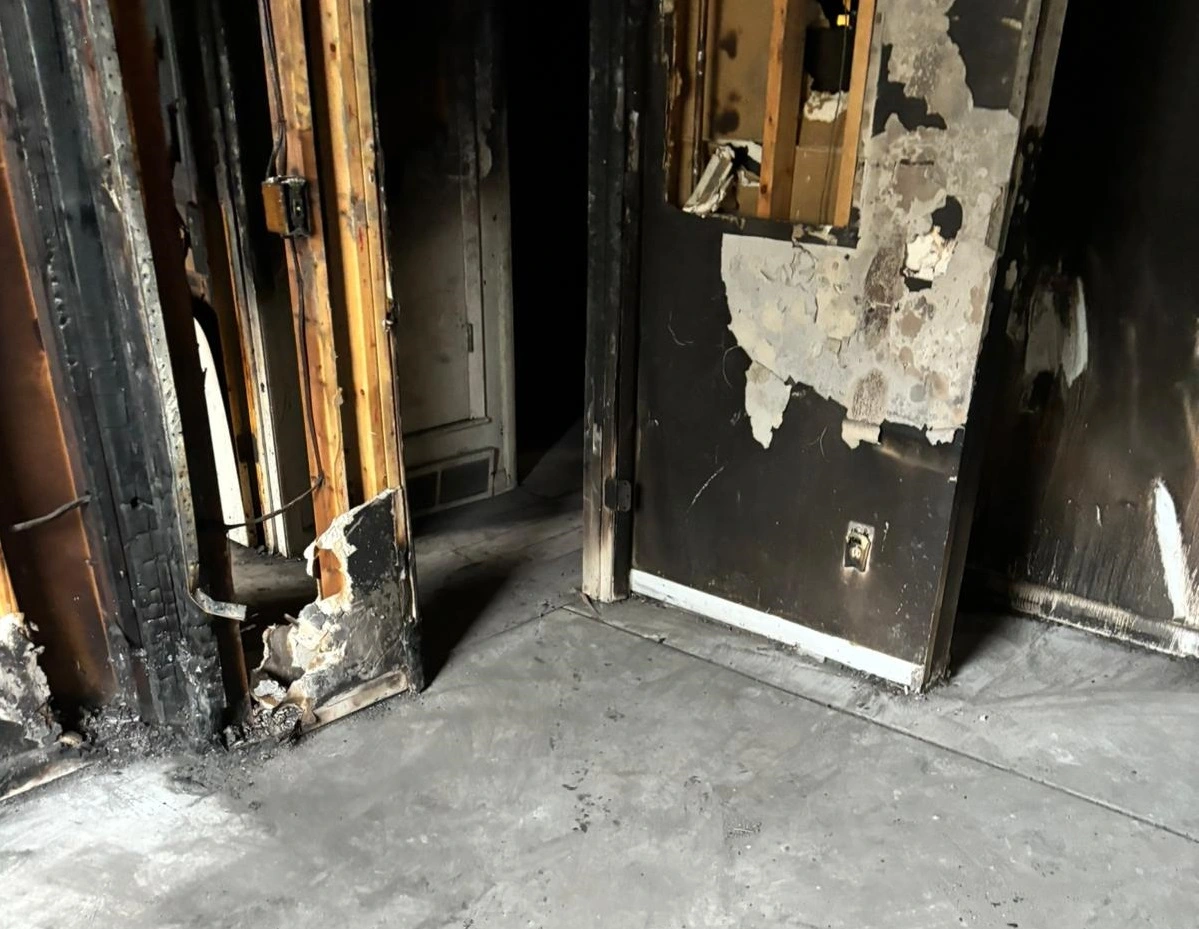

Settlement Negotiations
Working with insurance adjusters requires patience and attention to detail. If something doesn’t feel right about their assessment, speak up! From my experience, many homeowners feel intimidated during this process, but remember – you have options.
A public adjuster can be your advocate if you’re not satisfied with the insurance company’s offer. They typically help secure settlements that better reflect actual losses, though they do charge a percentage of the claim.
Professional Damage Assessment
Structural Evaluation
Having worked with numerous fire-damaged properties, I’ve learned that a thorough structural assessment is non-negotiable. A qualified fire damage restoration company will examine:
• Foundation integrity
• Wall stability
• Roof structure
• Support beams
• Floor joists
• Window and door frames
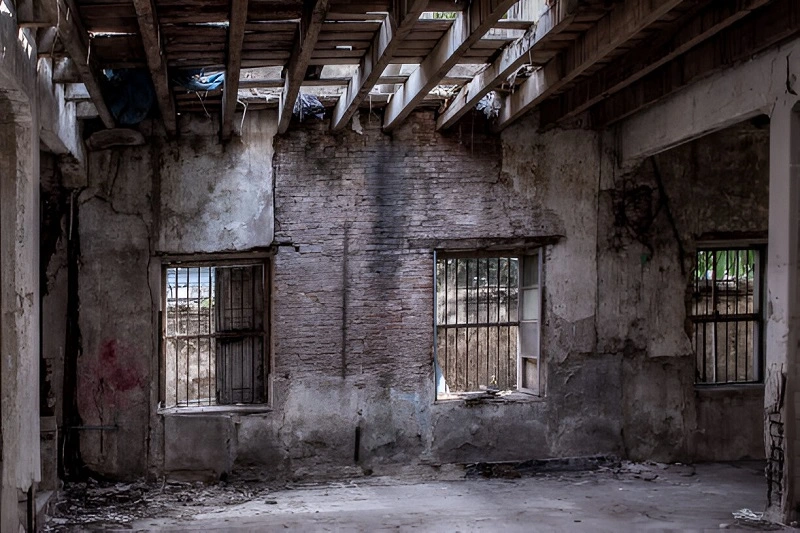
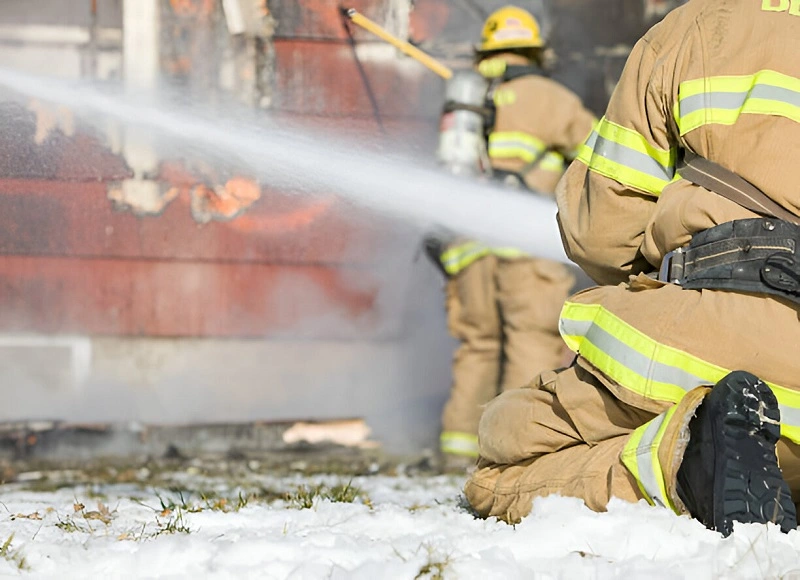
Smoke and Water Impact
The hidden damage from smoke and water often surprises homeowners. Smoke particles can infiltrate extensively into:
• Wall cavities
• Insulation
• HVAC systems
• Electrical components
Water damage from firefighting efforts creates its own set of challenges. I’ve seen cases where delayed water damage assessment led to severe mold issues and structural deterioration. Quick action here is essential.
Systems Analysis
Your home’s essential systems need careful evaluation after a fire. A detailed examination should cover:
• Electrical wiring and circuits
• Plumbing infrastructure
• HVAC components
• Gas lines
• Security systems
• Communication wiring
Each of these systems might look fine on the surface but could harbor hidden damage that poses safety risks or requires significant repairs. Having this detailed analysis helps you make informed decisions about repairs and sets realistic expectations when you’re ready to sell.
Remember, thorough documentation and professional assessments now will save you countless headaches later in the selling process. I’ve seen how proper handling of these initial steps can significantly impact the final outcome of a fire-damaged property sale.

Your Denver Selling Options

Selling As-Is To Cash Buyers
Cash buyers offer a streamlined solution for selling your fire-damaged house in Denver. These property specialists understand the unique challenges of distressed homes and provide hassle-free transactions without requiring repairs. The process typically wraps up within 7-14 days, with cash buyers covering closing costs and handling all necessary paperwork.
Traditional Market With Repairs
Using your insurance settlement to restore the property before listing on the traditional market can maximize your return on investment. This path involves:
• Partnering with licensed contractors for complete restoration
• Updating the property beyond its pre-fire condition
• Working with a real estate agent familiar with restored properties
• Marketing to traditional homebuyers seeking move-in ready homes
While this approach often yields the highest sale price, you’ll need to carefully balance the renovation costs against potential returns. Successful outcomes typically require 3-6 months of dedicated effort and strategic project coordination.
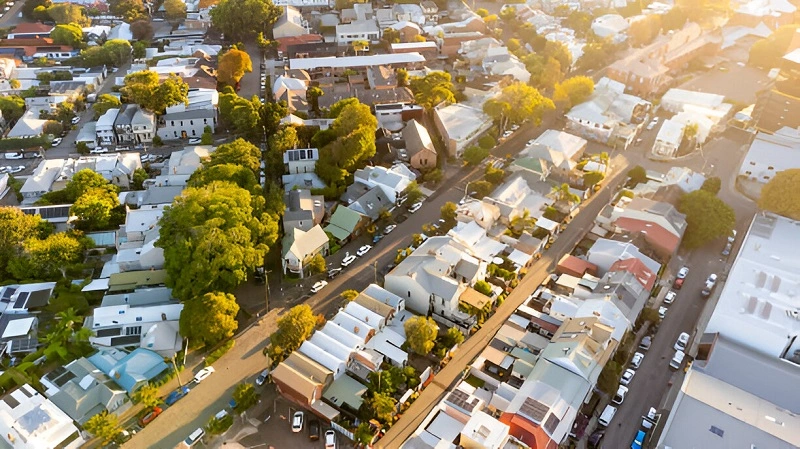
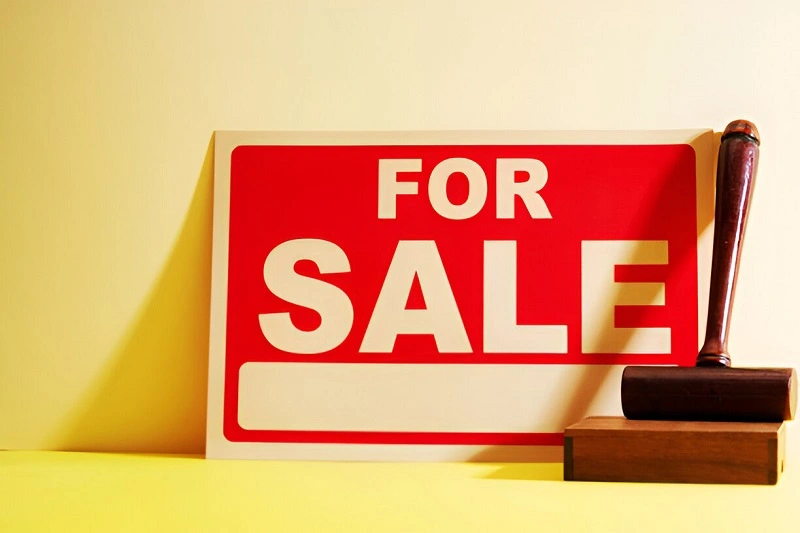
Auction Opportunities
Property auctions create an exciting marketplace for fire-damaged homes in Denver’s competitive real estate environment. The auction format brings together:
• Professional investors seeking renovation projects
• Local contractors looking for their next flip
• Real estate developers interested in property potential
• Cash buyers ready to make immediate purchases
Auctions particularly shine in desirable Denver neighborhoods, where competitive bidding can drive prices higher than expected. The entire process usually concludes within 30-45 days, offering a faster alternative to traditional listings.
Real Estate Investor Sales
Local real estate investors bring valuable expertise to fire-damaged property transactions in Denver. These experienced buyers offer several advantages:
• Quick, accurate property evaluations
• Fair pricing based on current condition
• Access to established contractor networks
• Flexible closing timelines
• Reduced paperwork and complications
Having worked with numerous investors, I’ve found they often provide the sweet spot between quick sales and fair market value. Their thorough understanding of renovation costs and local market conditions enables them to make solid offers that reflect your property’s true potential.
Each selling option presents unique benefits for different situations. Your ideal choice depends on key factors like urgency, financial resources, and damage extent. Take time to evaluate your specific needs against these options, considering both short-term convenience and long-term financial impact.

Property Value Considerations

Market Value Assessment Methods
Professional appraisers with expertise in fire-damaged properties offer the most reliable value assessments. I’ve found that these specialists examine three critical elements: pre-fire value, damage extent, and potential renovation costs.
A Comparative Market Analysis (CMA) adds another valuable layer of insight by focusing on recently sold properties with similar fire damage in your area.
Key assessment components include:
• Detailed structural evaluation
• Documentation of salvageable elements
• Analysis of comparable damaged property sales
• Estimation of post-renovation market value
Impact of Damage on Price
Fire damage affects property value in ways that might surprise you. While visible burns obviously impact price, smoke damage can significantly decrease value even in areas untouched by flames. From my experience working with damaged properties, structural issues typically create the biggest value reduction.
Value impact factors:
• Severity and spread of smoke damage
• Extent of structural compromise
• Water damage from firefighting efforts
• Required documentation from licensed contractors

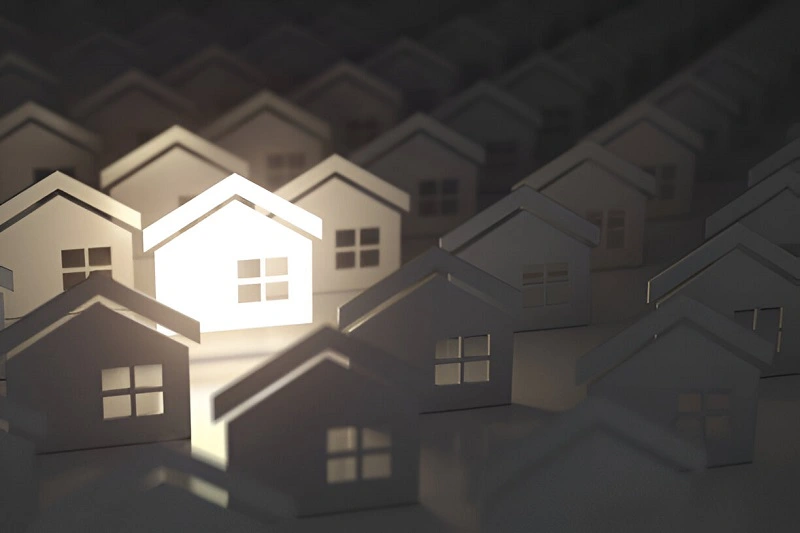
Location-Specific Factors in Denver
Denver’s distinctive real estate environment shapes the value of fire-damaged properties in interesting ways. I’ve noticed that high-demand neighborhoods often maintain stronger property values despite significant damage. Local building codes and restoration requirements vary by municipality, directly influencing renovation costs and market value.
Denver-specific considerations:
• Municipal building code requirements
• Proximity to recent wildfire zones
• Local insurance cost variations
• Market demand in specific neighborhoods
Price Setting Strategies
Setting the right price for a fire-damaged property requires a strategic mix of market awareness and practical considerations. Start with this simple formula: potential post-renovation value minus estimated repair costs. Then factor in a reasonable discount that attracts investors while protecting your interests.
Effective pricing tactics:
• Calculate current market value using recent comparable sales
• Deduct estimated renovation costs
• Apply an appropriate investor discount
• Adjust for local market conditions
Working with local professionals who regularly handle fire-damaged properties has taught me that successful pricing depends on balancing objectivity with market reality. The most effective approach combines thorough documentation, realistic renovation estimates, and careful consideration of your local market’s appetite for restoration projects.

Legal Requirements In Denver
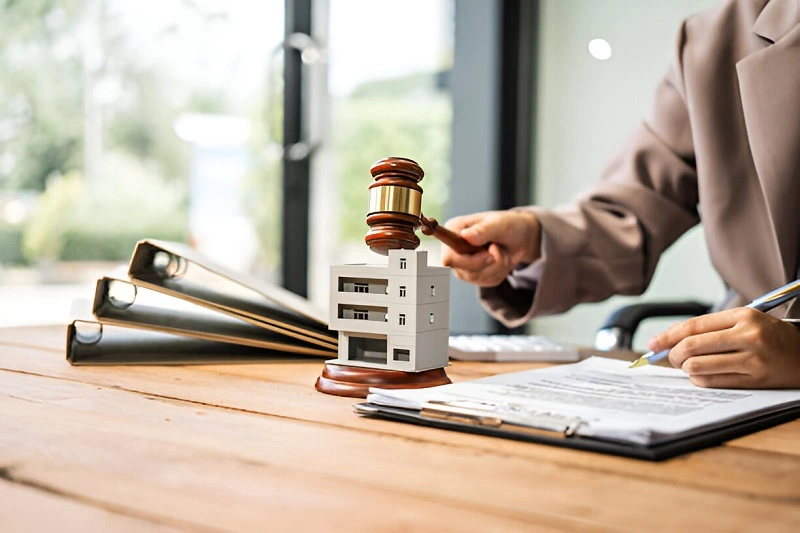
Seller Disclosure Laws
Selling a fire-damaged property in Denver comes with specific legal obligations that protect both buyers and sellers. I’ve helped numerous homeowners explore these requirements, and the key is absolute transparency.
You must disclose all known material defects, including the full extent of fire damage, any structural issues, and both completed and pending repairs. While highlighting property issues might feel uncomfortable, I’ve seen how proper disclosure actually builds buyer confidence and protects sellers from potential lawsuits down the road.
Required Documentation
A well-organized documentation package is your best friend when selling a fire-damaged house. Here’s what you’ll need:
• Fire incident report from responding authorities
• All property inspection reports
• Structural integrity assessments
• Detailed repair records and estimates
• Insurance claim documentation
• Contractor agreements and warranties
Keep digital and physical copies of every communication with contractors, inspectors, and insurance representatives. These records often become essential during price negotiations and help validate your asking price.


Permit Compliance
Let me share something I’ve learned from experience: permit compliance can make or break your sale in Denver. Here’s what you need to know:
• Verify all repair work has proper permits
• Obtain necessary inspections for completed work
• Disclose any pre-fire unpermitted modifications
• Check local municipality requirements for fire-damaged properties
• Secure certificates of occupancy if required after repairs
Many Denver cities have implemented specific regulations for fire-damaged properties, including mandatory safety inspections before sale. Working with a knowledgeable local contractor can help ensure you meet all requirements.
Insurance Documentation
Your insurance paperwork tells the crucial story of your property’s recovery journey. Essential insurance records include:
• Initial claim filing documents
• Adjuster’s detailed reports
• Settlement statements
• Proof of repair fund allocation
• Current insurability status
Buyers and their lenders particularly value clear insurance documentation. I’ve seen many sales accelerate when sellers maintain organized insurance records, as it helps buyers understand the property’s history and future insurability.
These legal requirements create a framework for transparent, successful transactions. By maintaining detailed records and following proper protocols, you’ll position yourself for a smoother selling process. Remember, most successful sales of fire-damaged properties happen when sellers embrace these requirements rather than view them as obstacles.

Marketing Your Fire-Damaged Property

Target Buyer Identification
I’ve found that marketing fire-damaged properties requires a laser-focused approach to finding the right buyers. From my experience working with distressed properties, real estate investors and renovation specialists are your golden ticket.
These buyers bring both the expertise and financial resources needed to tackle extensive repairs. They’re often looking for properties they can transform into profitable investments, whether through flipping or creating rental income.
Here’s who typically shows the most interest:
• Cash buyers ready to close quickly
• Property rehabilitation companies
• Professional house flippers
• Real estate investment groups
• Experienced contractors looking to expand their portfolio
Property Presentation Strategies
Let’s talk about showcasing your property’s hidden gems rather than focusing on the fire damage. Think of your property like a diamond in the rough – it’s all about highlighting its potential. I’ve seen amazing transformations start with properties that seemed beyond repair.
Key presentation elements to emphasize:
• Prime location advantages
• Generous lot dimensions
• Solid structural foundation
• Undamaged sections of the home
• Unique architectural features worth preserving
Create an in-depth property information package that includes original floor plans, detailed specifications, and clear documentation of salvageable features. This approach helps buyers visualize the property’s transformation potential.


Digital Marketing Approaches
The digital environment offers powerful tools for connecting with your ideal buyers. I’ve successfully used various online platforms to reach renovation enthusiasts and investors who specifically seek out properties like yours.
Essential digital marketing elements:
• High-resolution photos showing honest property conditions
• 3D virtual tours for remote property assessment
• Digital renovation renderings showing potential outcomes
• Targeted social media campaigns
• Listings on investor-focused websites and platforms
Negotiation Tactics
Negotiating fire-damaged property sales requires a unique strategy. Through my experience, I’ve learned that success comes from being well-prepared with concrete data and maintaining realistic expectations.
Critical negotiation components:
• Detailed damage assessment reports
• Professional repair cost estimates
• Recent comparable sales data
• Clear documentation of any insurance claims
• Flexible terms that appeal to investors
Remember to stay open to creative solutions during negotiations. Investors typically factor in substantial renovation costs and risks, which naturally affects their offering price. Having thorough documentation helps you justify your asking price while showing you understand the property’s current market position.
Marketing fire-damaged properties successfully comes down to connecting with the right buyers and presenting your property’s potential clearly and honestly.
While fire damage presents challenges, it also creates opportunities for buyers who recognize the property’s hidden value. Focus your efforts on reaching motivated investors and highlighting the features that make your property a worthwhile investment opportunity.

Cost Analysis And Financial Planning
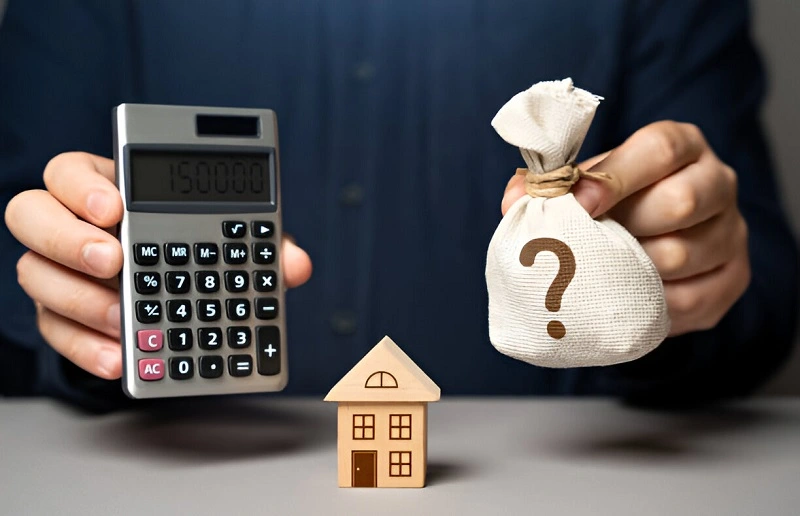
Repair Cost Evaluation
I’ve learned through years of experience that understanding repair costs is the foundation of smart decision-making for fire-damaged properties. A professional assessment from a reputable fire damage restoration company will break down your costs into three key areas:
• Structural repairs and rebuilding
• Smoke damage remediation
• Code-compliance upgrades
Here’s a pro tip: Always add a 20-30% buffer to your initial estimates. I’ve seen countless cases where hidden damage surfaces during repairs, and having this financial cushion can save you from serious stress down the road.
Return On Investment Calculations
Negotiating fire-damaged property sales requires Let me share something crucial I’ve discovered about fire-damaged property repairs: the highest repair cost doesn’t always guarantee the best return. Your ROI analysis should focus on:
• Current local market conditions
• Recent sales of similar properties (both damaged and renovated)
• Your property’s potential market value after restoration
• Total repair investment needed
Sometimes, the numbers tell an unexpected story. In neighborhoods where market values are stagnant, selling as-is to an investor might put more money in your pocket than investing in extensive repairs.

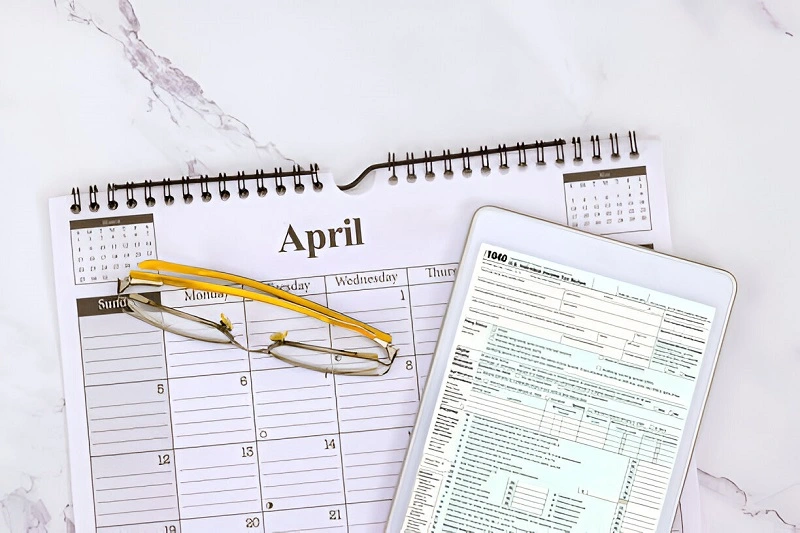
Tax Implications
The tax puzzle of selling a fire-damaged house can be surprisingly complex. I always recommend consulting a qualified tax professional to steer you through:
• Insurance settlement taxation
• Casualty loss deductions
• Capital gains considerations
• 1031 exchange opportunities
Each of these elements can significantly impact your bottom line, and proper planning often reveals tax-saving opportunities you might otherwise miss.
Insurance Settlement Usage
Smart management of your insurance settlement can make or break your financial outcome. Based on my experience helping property owners, here’s how to maximize your insurance funds:
• Document everything carefully
• Create a strategic allocation plan for immediate repairs
• Use settlement details as a strategic tool in negotiations with buyers
• Consider setting aside funds for unexpected issues
Being transparent about insurance claims during the sales process builds trust with potential buyers and often leads to smoother transactions. I’ve found that working with financial advisors who specialize in damaged properties can provide invaluable insights for your specific situation.
Remember, every decision about your insurance settlement should align with your overall financial strategy, whether you’re planning to repair, sell as-is, or pursue a hybrid approach.
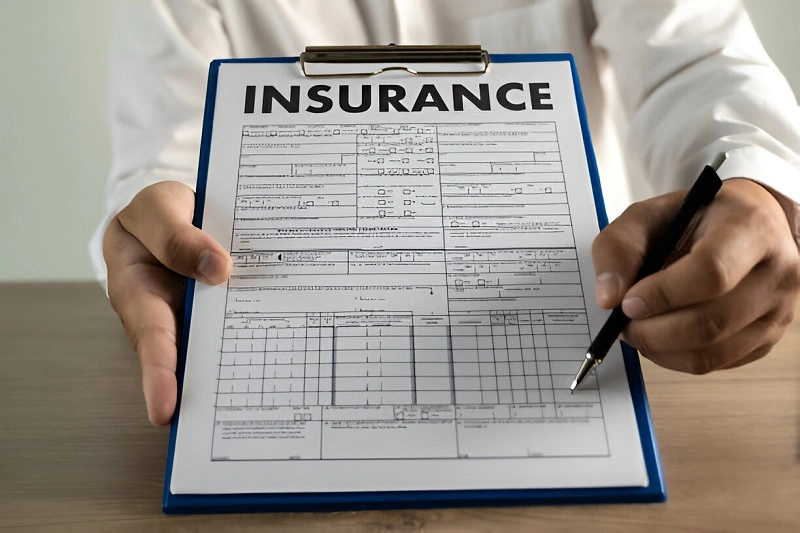
Frequently Asked Questions
The selling timeline varies significantly based on your chosen path. Cash buyers and real estate investors typically close within 7-14 days, offering the quickest resolution.
Traditional market sales of fire-damaged homes usually take 60-90 days, though this can extend longer depending on local market conditions, damage severity, and whether you complete repairs before listing.
The most motivated buyers for fire-damaged properties fall into three main categories:
• Real estate investors with renovation experience
• Professional renovation specialists
• Cash buying companies with immediate purchasing power
These buyers bring valuable experience handling damaged properties, readily available funds, and established contractor networks. They typically seek below-market purchases they can transform into profitable investments through strategic renovations.
Your best choice depends on three key factors: available funds, time constraints, and damage extent. Selling as-is to cash buyers or investors provides a quick, straightforward solution without repair investments.
However, if you have solid insurance coverage and flexible timing, completing repairs might maximize your return through traditional market sales. I’ve found it’s worth getting multiple professional assessments to compare potential returns against repair costs before making your decision.
Establishing a realistic price requires a multi-step approach:
• Obtain a professional appraisal from an expert in damaged property valuation
• Research recent sales of fire-damaged homes in your local market
• Get detailed repair estimates from licensed restoration companies
• Consult multiple real estate investors for their valuations
Your property’s final value will reflect the damage severity, location desirability, and current market trends in your Aurora neighborhood.
Denver law requires detailed disclosure of all material defects, including:
• Complete details of fire damage and its extent
• Documentation of completed repairs and outstanding issues
• Insurance claim history and outcomes
• Permits obtained for repair work
• Structural assessment reports
• Safety inspection results
Keep detailed records from fire investigators, insurance adjusters, and contractors who’ve evaluated the property. Full transparency protects you from potential legal issues and builds trust with potential buyers.
What You Should Do After A House Fire In Denver
In the aftermath of a house fire in Denver, immediate actions are crucial to address the situation. Here are the steps you should take:
Quick Checklist
1. Contact the fire department for a report.
2. Speak with your insurance company to assess any damage.
3. File an insurance claim.
4. Adhere to legal disclosure requirements when selling a fire-damaged house in Denver.
Depending on your decision to repair or sell the fire-damaged house, you will need to:
1. Assess the damage
2. Contact insurance
3. Obtain multiple quotes
4. Budget for unexpected expenses
5. Work with insurance to get your payout
6. Complete repairs
7. List on the market
Collaborating with an adjuster can assist in evaluating damage and repairs and guarantee an equitable settlement when submitting a fire insurance claim.
Sell Your House After A Fire For Cash in Denver Today
I’ve helped numerous Denver homeowners work through the challenges of selling fire-damaged properties, and I can tell you firsthand – while it may seem challenging, there are several promising paths to a successful sale. Let me share what I’ve learned about the most effective approaches:
• Quick Sale Option: Working with cash buyers offers a streamlined, hassle-free transaction that can close within days
• Traditional Market Route: Investing in strategic repairs can maximize your property’s value for a conventional sale
• Hybrid Approach: Some sellers choose partial repairs combined with price adjustments for optimal results
Here’s something encouraging I’ve noticed in my years of Denver real estate experience: There’s actually a robust market of investors and renovation specialists actively seeking fire-damaged properties. These buyers have the expertise and resources to tackle even severe damage, often offering fair prices for properties in any condition.
Your success hinges on three critical elements:
1. Professional damage assessment
2. Detailed documentation of the property’s condition
3. Complete disclosure of all fire-related issues
Take action today – you’ve got options! Connect with local fire damage assessors, reputable cash buyers, or real estate professionals who specialize in distressed properties. I’ve seen countless homeowners transform these challenging situations into positive outcomes. With the right strategy and support team, you can too.
Sell Fire Damaged House Denver!
If a simple home sale that closes on your schedule sounds like what you need, come check us out. You can request a free quote for your house by filling out our form below!
We’ll Give You A No Pressure As-Is Cash Offer in 24 Hours
We’re Local, Can Close in 10 Days, Fast Cash
